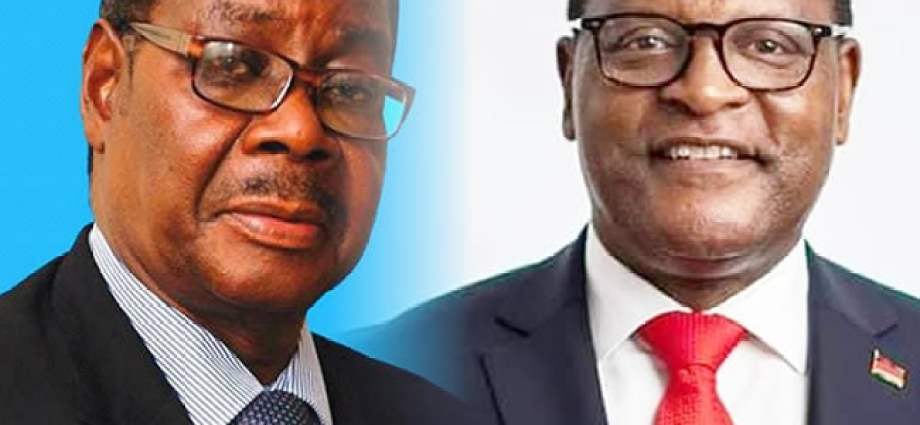Malawi’s 2025 Elections: Chakwera and Mutharika Face Critical Running Mate Decisions

High-Stakes Political Dilemma Ahead of 2025 General Elections
As Malawi prepares for its crucial general elections on September 16, 2025, political heavyweights President Lazarus Chakwera (MCP) and former president Peter Mutharika (DPP) face a defining moment that could shape the nation’s leadership beyond 2030.
The Running Mate Conundrum
Both leaders, aged 70 and 84 respectively, approach constitutional term limits for party leadership. Chakwera, who assumed MCP leadership in 2013, and Mutharika, who took over DPP in 2012, must now make strategic running mate choices that serve dual purposes:
- Electoral advantage in the 50%+1 threshold system
- Party succession planning for 2030
Political Analysts Weigh In
Political analyst Wonderful Mkhutche emphasizes the gravity of the situation: “For MCP and DPP, the choice of running mate is a matter of life and death. These candidates must not only help win the election but be strong enough to lead the party post-2030.”
Complex Party Dynamics
The decision carries significant internal and external implications:
| Option | Advantage | Risk |
|---|---|---|
| Choosing an outsider | Broadens vote base | May trigger internal rebellions |
| Selecting an insider | Maintains party unity | Could alienate potential allies |
Historical Context and Future Projections
The 2019 annulled elections showed significant vote fragmentation:
- Mutharika: 38.57%
- Chakwera: 35.41%
- Chilima’s UTM: 20.24%
The Africa Centre for Strategic Studies predicts smaller parties like UTM and UDF could become kingmakers in a potential second-round scenario.
The Silent Campaign
Despite the high stakes, both major candidates remain tight-lipped about their running mate choices. Behind the scenes, reports suggest intense factional lobbying and concerns that a poor selection could:
- Cost the election
- Create party divisions
- Jeopardize future leadership prospects
The Road Ahead
With over 7.2 million registered voters, the 2025 election represents a critical juncture for Malawi’s political landscape. The running mate selections may prove more consequential than ever before, potentially determining both immediate electoral success and long-term party viability.
For more in-depth analysis, read the original article at Nyasa Times.

